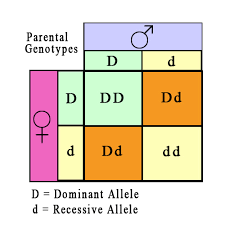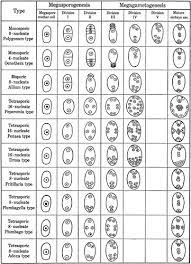PRUNING - OBJECTIVES, METHODS - THINNING OUT, HEADING BACK
PRUNING
Definition:
Pruning refers to the removal of plants parts such as buds, developed shoots and roots to maintain a desirable form by controlling the direction and amount of growth.
Objective of pruning:
- To remove surplus branches.
- To open the trees so that the fruits will colour more satisfactorily.
- To train it to some desired form.
- To remove the dead and diseased limbs.
- To remove the water sprouts.
- To improve fruiting wood and to regulate production of floral or buds.
Methods of
pruning:
THINNING
OUT:
A few shoots or branches that
are considered undesirable are removed entirely without leaving any stub. This operation
is known as ‘thinning out’.
HEADING
BACK:
- The removal of terminal portion of the shoots, branches, or limb, leaving its basal portion intact, is called ‘heading back’.
- Thinning out involving large limbs as in old and diseased trees is called ‘bulk pruning’.
- These operations are carried out to divert a part of the plant energy from one part to another.
- As trees grow older, they should receive relatively more of thinning out and less of heading back. Heading back tends to make trees more compact than thinning out.
- If a few of the several branches growing close together on the same parent limb are entirely removed or thinned out, the rest of the branches would grow more vigorously.
- Thinning out results in lesser new shoot growth but more new spurs and fruit bud formation than corresponding severe heading back.
s.no
Training
Pruning
1
It concerns from primarily
It affects functions only
2
It determines plants outline, its branching and frame work.
Assists more in what the tree does in respect to fruiting
3
Generally concerned with first few years of the tree growth to determine its annual frame work.
Annually done
Introduction to horticulture 8th edition author N.Kumar




Comments